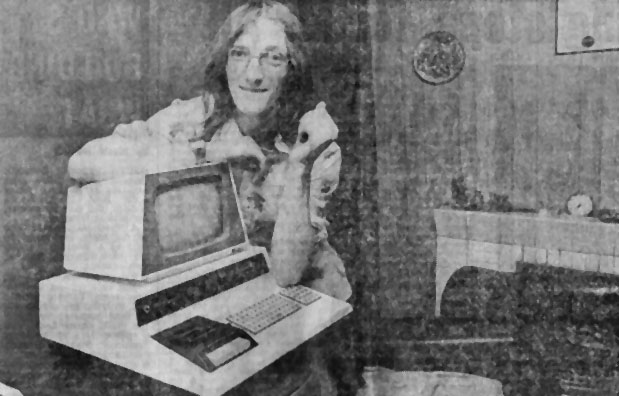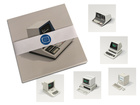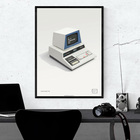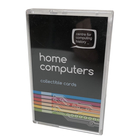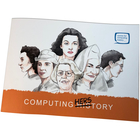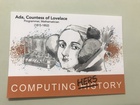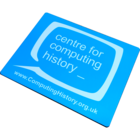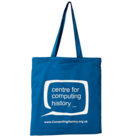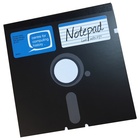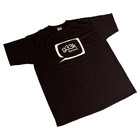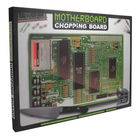|
The following is a transcript of the article in the Northern ‘The Journal’ from the 29th March 1978 “Thomas Turnbull has a computer on the sideboard at home in Ninth Row, Ashington. It is something or a phenomenon in Ashington. Certainly the first of its kind in a colliery house, where once china dogs stood guard on the mantelpiece and highly polished fenders were part of the statutory decoration. Certainly the first in the North East. Thomas, 28, is an unemployed electronics tester who got hooked first on pocket calculators, then graduated to the more rarefied computer. He sold his car to raise the cash and pay just short of £700 for the Commodore PET computer, marketed in this country by CBM Business Machines Ltd, Slough. Their manager Nick Green said the Commodore was being hailed as revolutionary; a computer whose price was within the range of the common man or woman.
‘We are selling them only by mail order and cash now, but only to engineer customers and small businesses. Soon housewives will be buying them over the counter just as they do vacuum cleaners’ said Green. He said Imperial College, London had one. So had King’s College, London. He was sure Thomas Turnbull had shown good sense in snapping up one now when rthe demand was far greater than supply. Thomas Turnbull is known as a computer hobbyist and as the proud owner of his own computer, becomes what is known in the Amateur Computer Club circle as a Super Hacker. His father, a conveyor belt attendant at Lynemouth Colliery, his mother and their dog at 49 Ninth Row still find a blinking computer screen in the house rather strange. ‘Thomas never ceases to amaze us’ said his married sister, Jean. Her brother said he had no ‘O’ or ‘A’ levels but did have a Mensa rating of 135. His complete absorption in the computer as a tool will lead soon, he hopes, to an Open University place to take a degree in mathematics. Thomas is out of work but has applied for a government sponsored TOPS course, designed to help people wanting to change their job training at Gateshead Technical College. There he wants to take a course in business computers. He has a framed certificate hanging on the wall from the British Institute of Engineering Technology. It says he has completed successfully a course in practical calculations, binary counting and basic principles of electricity and electronics. As the Commodore flashed information in digits and letters on a nine inch screen and said ‘Syntax error. Syntax error’ when Thomas fed in a deliberate mistake, he said: ‘Five years ago this computer would have cost around £6,000 pounds. The price has come down because of a new microprocessor’ He said small businesses would find it an extremely useful tool: ‘They wouldn’t have to buy computer time from other companies’. Thomas also contrived to feed a one-arm bandit programme for his mother to entertain herself when she is alone. ‘It can also tell the time, do print outs, play an unlimited variety of games – much more comprehensive than those on television – but it costs no more to run in electricity than the equivalent energy used in a 100 watt bulb’ said Thomas." Date : 29th March 1978 This exhibit has a reference ID of CH23443. Please quote this reference ID in any communication with the Centre for Computing History. |
|

